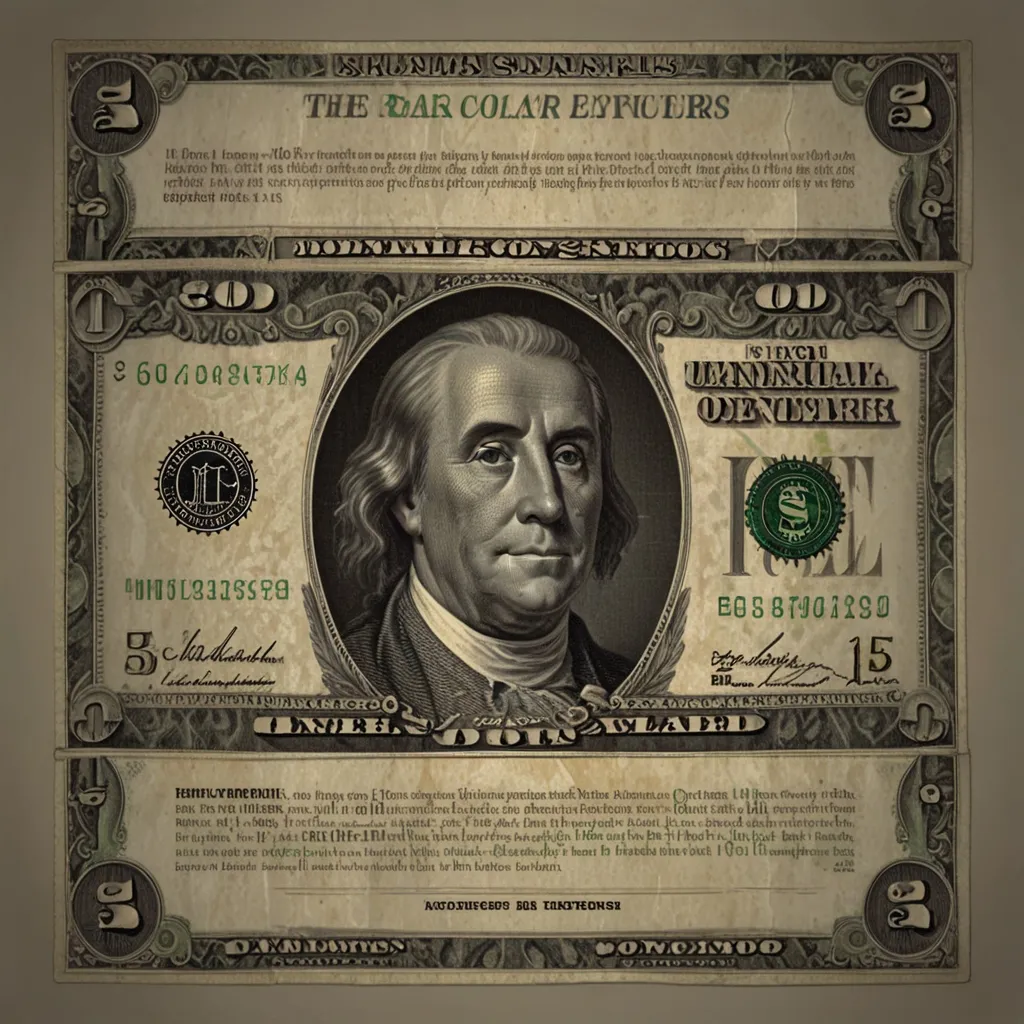Fanta, a drink loved by millions, has a surprisingly rich history rooted in the Second World War. Let’s dive into the genesis of this iconic beverage.
In 1933, amidst the political turmoil as Hitler rose to power, Coca Cola quietly started making its mark in Germany. Max Keith was the man behind this bold move. He established the company’s infrastructure, starting with a bottling plant in Frankfurt and warehouses in Cologne. Keith’s relentless marketing efforts paid off, getting Germans, with their deep-rooted alcoholic traditions, to embrace soda.
Timing was on Keith’s side. Amidst the Great Depression, he built factories and hired people when costs were low. As Germany’s economy began to recover in the 1930s, people started buying Coca Cola as one of their first luxury purchases with newfound disposable income. The spread of refrigerators helped too, enabling more people to enjoy cold beverages.
Keith was meticulous about disguising Coca Cola’s American roots, fearing backlash. He emphasized German ownership in ads and downplayed American ties. His success granted him significant autonomy, enabling him to produce most of Coca Cola’s secret ingredients locally by 1935.
The 1936 Berlin Olympics proved a major triumph for Keith, selling over a million cases of Coca Cola. However, as war loomed, Keith faced new challenges. The German economy’s shift towards self-sufficiency under Hitler meant limited shipments from the U.S. Keith expanded production, even establishing operations in annexed Austria.
When the war began, Coca Cola shipments from America dwindled and then stopped entirely when the U.S. entered the war in 1941. Keith, afraid of being imprisoned and his business nationalized, used his connections to secure a position in the Office of Enemy Property. This move not only protected him but also allowed him to take over Coca Cola factories across occupied Europe.
Despite having factories, Keith lacked ingredients. He resorted to creating a new product from what he called “the leftovers of the leftovers,” such as apple fiber and whey. This mixture wasn’t very appetizing and was often used to flavor soups rather than as a drink. Nevertheless, it kept production going.
To brand this new creation, Keith encouraged his team to use their imagination, or “Fantasie” in German, which led to the name Fanta. By 1943, he was selling 3 million cases annually. However, the war’s tide turned, and his factories suffered repeated bombings.
By early 1945, the Nazi regime was crumbling. Keith was ordered to rebrand his company and faced potential nationalization. A week before he was to be questioned, a bombing raid accidentally saved him by destroying the Ministry of Justice building.
Keith continued bottling Fanta until the Americans arrived in May 1945. His first message to American headquarters confirmed the survival of the German subsidiary and asked for help. Coca Cola engineers quickly followed the Allies, re-establishing operations in Germany by April.
Keith’s efforts were recognized in America, where he was celebrated for his ingenuity and resilience. He was appointed president of Coca Cola Europe and globally launched Fanta in 1955. Today, Fanta stands as one of Coca Cola’s top-selling beverages, a testament to Keith’s audacious vision during the turbulent war years.






